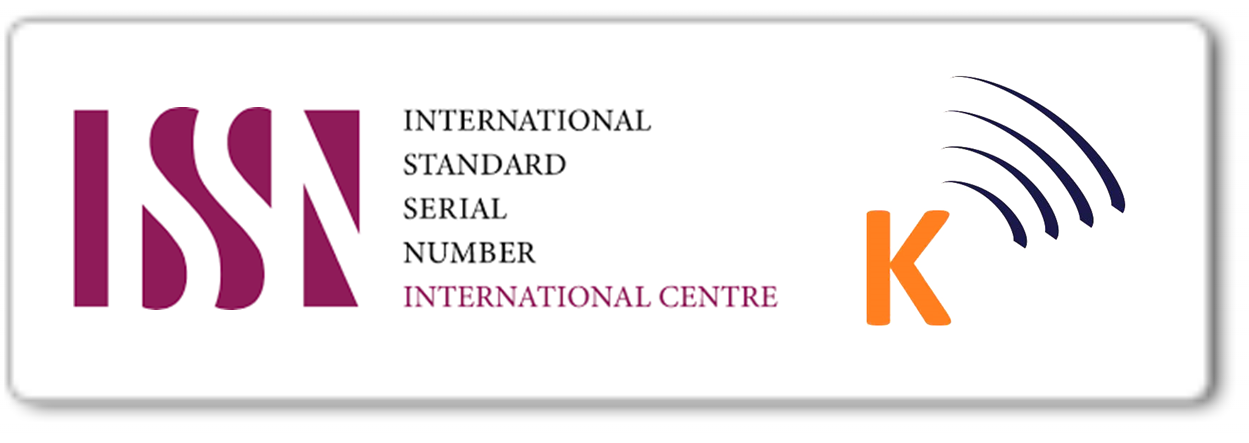PENERAPAN QUANTUM TEACHING MELALUI STRATEGI GROUP STUDY BERBANTUAN MODUL
Keywords: modular quantum teachin
Abstract
In the teaching and learning process there is a strong interrelationship of teachers, students, curiculum, equipment and infrastructure. The teacher is to select models and media which are appropriate to the learning material and hopefully this will stimulate students interest in learning. This study of modular quantum teaching is an experimental research as an alternative to overcome teachersproblems in achieveing the learning objectives, especially in the learning of social science in elementary schools. Study was done in the Elementary Schools 06 of Cendono Kudus in 2010. The samples were taken through a cluster sampling technique and assigned into an experimental group and a control group. The data of activeness and process skills were taken through observation and achievement test. The obtained data were descriptively presented and analyzed through variant analysis. The study showed that the learning activeness of modular quantum teaching group was categorized as learning active. Meanwhile the process skills and learning activeness of expository group were categorized as skilful. Based on the test of influence, process skills, motivation and students activeness of modular quantum teaching group had 4.9% of influence and other factors had 95.1% of influence. The t-test showed different learning achievement of the two groups. The mean score of experimental group was higher than that of control group.
Downloads
References
De Porter, B, et al. (2007). Quantum teaching mempraktekkan quantum learning di ruang-ruang kelas. Bandung: KAIFA.
Jarolimek, J. (1996). Social studies in elementary education. Seventh edition. New York: Maemillan Publishing Company.
Kosasih, D. (1995). Dasar dasar metodologi pengajaran. Bandung: Lab pengajaran PMP IKIP Bandung.
Nasution, S. (2003). Berbagai pendekatan dalam proses belajar dan mengajar. Jakarta: Bumi Aksara.
Shcunke, G.M. (1988). Elementary social studies: Knowing, doing, caring. New York: Pitman Publishing Corporation.
Silberman, M. (2001). Active learning 101 strategi pembelajaran aktif. Yogyakarta: Yappendis.
Solihatin, E., & Raharjo. (2007). Cooperative learning. Jakarta: Bumi Aksara.
Sudjana, N., & Ahmad R. (2002). Media pengajaran. Bandung: Sinar Baru Algensindo.
Waterwort, P. (2000). The spirit of cooperation: Using cooperative learning strategies in teacher education in Australia and Thailand. Thailand: UNESCO-ACEID.







